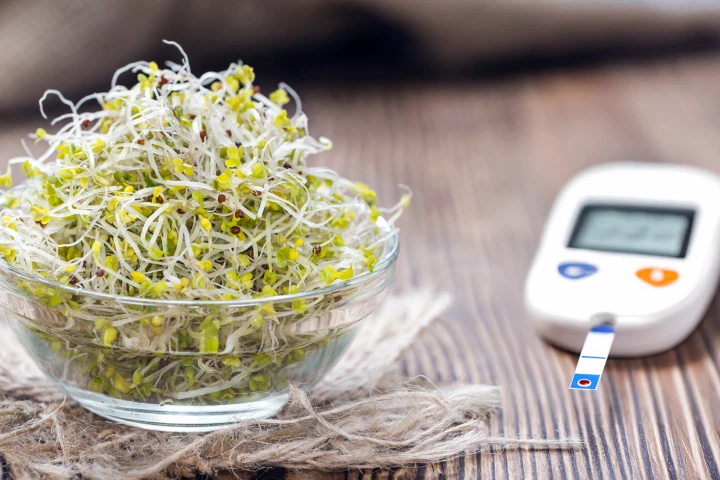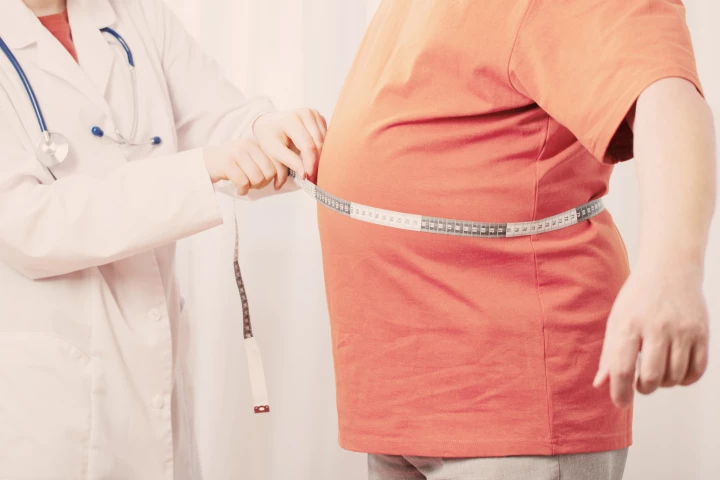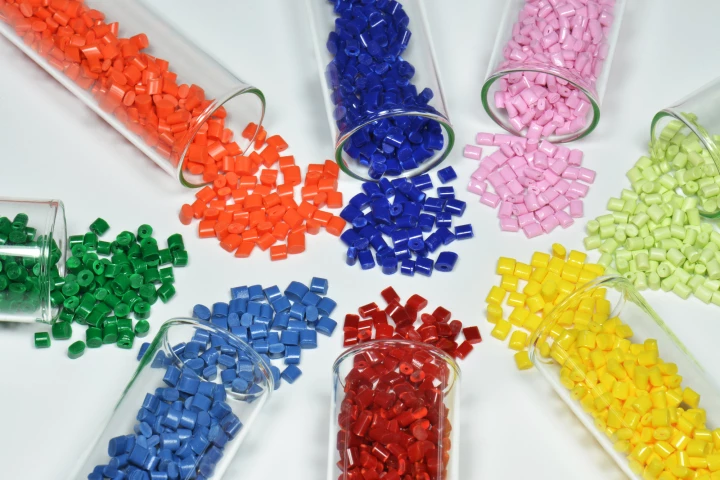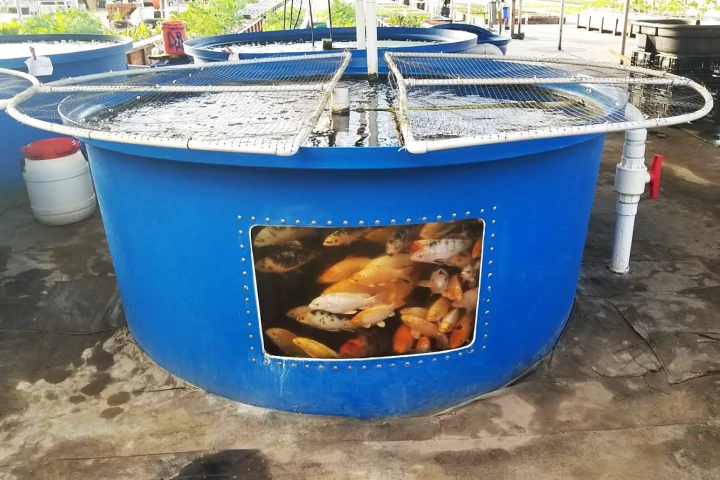University of Gothenburg
-
Researchers have found that newborns have high levels of the tau protein, which is elevated in older people with Alzheimer’s disease, but that it causes them no harm. The discovery opens the door to developing new ways of treating the condition.
-
An antioxidant found in broccoli sprouts in high concentrations can improve blood sugar levels in people with prediabetes, the precursor to type 2 diabetes, according to new research. The findings suggest a personalized treatment approach is needed.
-
A new study has discovered the reason why men tend to sustain more heart muscle damage following a heart attack than women: the hormone testosterone. The researchers have also discovered a potential fix in the form of an existing drug.
-
A common childhood epilepsy drug has the potential to change the lives of millions of people who suffer from sleep apnea, as a clinical trial has delivered surprising results in reducing breathing interruptions and improving daytime alertness.
-
Researchers have examined the teeth of Swedish Vikings and found that aside from decay and loss, they engaged in surprisingly advanced dental practices not dissimilar from modern practices. The study provides a rare insight into Viking life.
-
While we try to not live in the past, our biology often has other ideas. Adding to a growing body of evidence, researchers have found that men who carried around extra pounds in their youth are at a much higher risk of developing 17 types of cancers.
-
While the use of recycled plastics is normally considered a noble endeavor, a new study says it's time to think twice. In an analysis of the material from more than 10 different countries, hundreds of potentially harmful chemicals were uncovered.
-
An organic electrode that doesn’t require invasive surgery to implant and is resorbed by the body over time may be a novel way of using electrical stimulation to treat non-chronic conditions such as cancer, nerve injuries and pain.
-
Aquaponics operations combine aquaculture and hydroponics, with nutrient-rich water from the former being used to fertilize plants in the latter. Soon, such systems could also be powered by methane biogas derived from their own fish feces.
-
Currently, if someone doesn't receive treatment within a few hours of suffering a stroke, their chances of recovery are greatly diminished. That may one day no longer be the case, however, thanks to newly developed nasal drops.
-
Surgery to remove brain tumors comes with risks, one being that it may cause damage to the surrounding tissues. Researchers have found that biomarkers found in the blood are a useful new tool for tracking brain tissue damage on a cellular level.
-
We all know that trees help clean the air in cities, but which trees do so best? According to new research conducted in Sweden, a mixture of deciduous and coniferous trees will give you the most bang for your buck.
Load More











